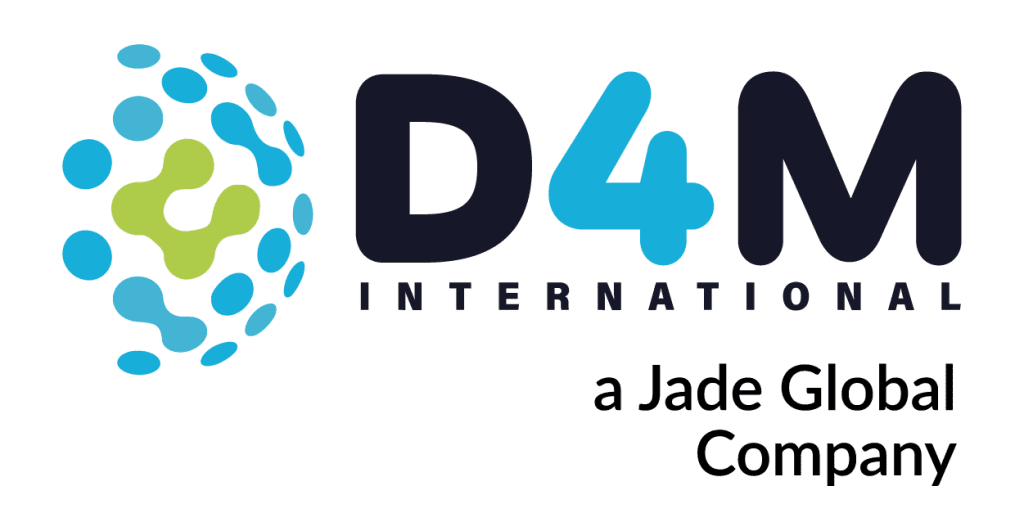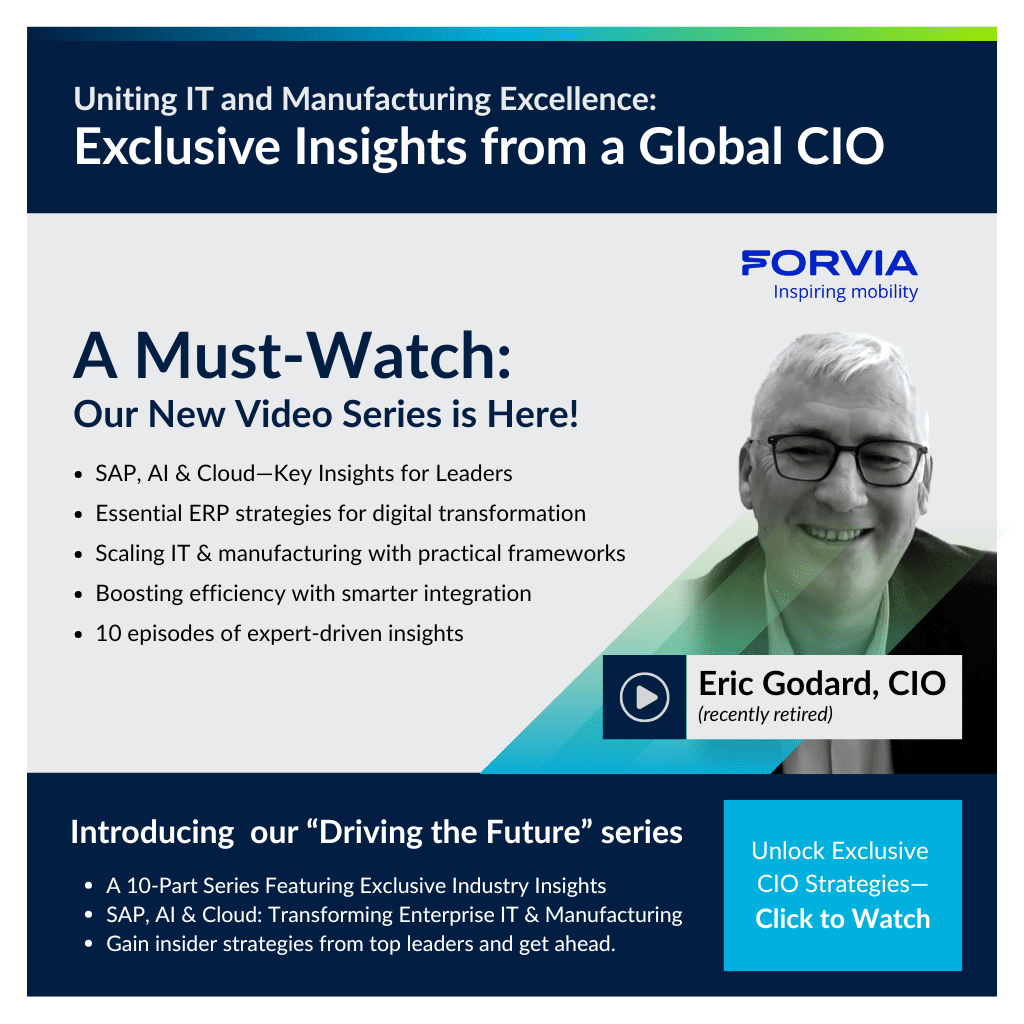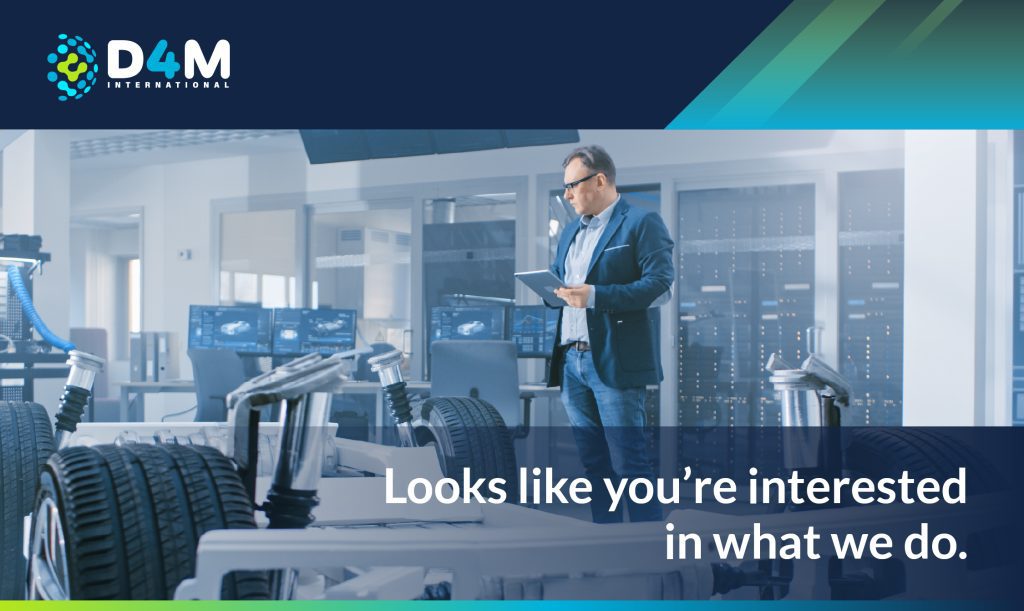M&A Unplugged: Winning with People, Plans, and Leadership
About the Interview
Mergers and Acquisitions (M&A) present numerous legal, technological, and financial hurdles. Yet, amidst these challenges, it is often the personal and professional disagreements that prove most difficult to navigate. In this interview, D4M COO Jean-Yves Durocher discusses what he considers the greatest challenge in M&A: the human factor. He explains how knowledge, experience, and strong leadership can not only guide the process effectively but also help achieve your business goals.
When addressing the IT/ERP aspect of mergers, Jean-Yves emphasizes that successful integration hinges on meticulous planning—yet it goes beyond simple planning. It’s about creating a plan within your plan, where identifying and showcasing dependencies is critical. Jean-Yves also highlights the human factor: people from two organizations will ultimately rely on technology from both systems, which raises a pivotal question—do you keep two of everything, or consolidate into one? Making that decision can be challenging, underscoring the importance of having an experienced individual to guide the process. An IT consultant can expedite this transition, but strong leadership remains essential, reinforcing the human element at the core of successful integration.
To conclude, in today’s marketplace, there is a notable shortage of skilled IT professionals. Developing solid IT expertise is challenging, and finding such talent within organizations is even more difficult. Businesses must prioritize securing and retaining top experts, regardless of if they are on the buyer side or the seller side. As in any organization, certain key individuals play a crucial role, making it essential to take deliberate steps to ensure valuable resources are not accidently overlooked. As Jean-Yves puts it: “It’s hard to find sharp people out there. I think people should pay more attention to keeping their best players on the team.”
Learn more about our Strategic IT Services https://d4m-int.com/strategic-it-services/
Contact us https://d4m-int.com/contact/






